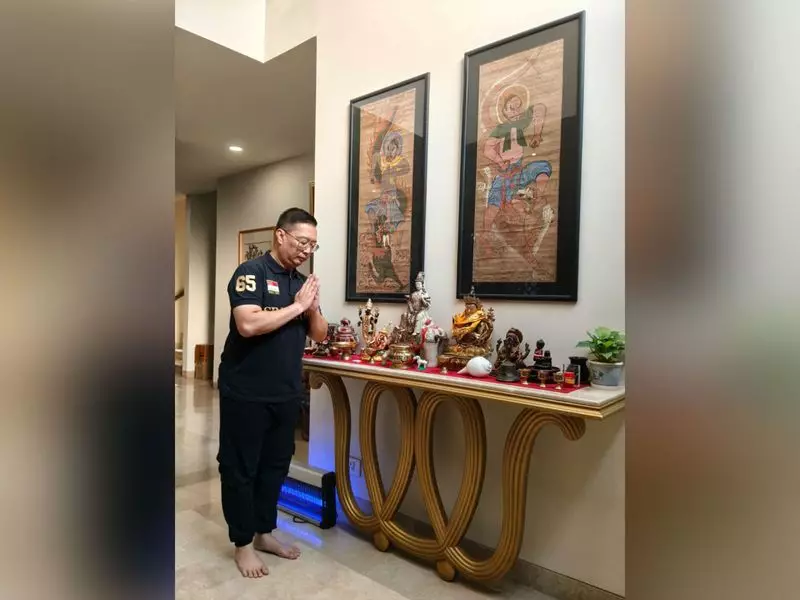
Singapore's High Commissioner to India, Simon Wong, has officially characterized the 2021 explosion at Delhi's historic Red Fort as an unambiguous act of terrorism. The diplomatic representative made this significant declaration during a recent security-focused event in the national capital, reinforcing the serious nature of the incident that shook the nation.
Diplomatic Stance on Security Incident
High Commissioner Wong delivered his unequivocal assessment while participating in a security dialogue organized in New Delhi. The senior diplomat explicitly stated that Singapore views the explosion that occurred at the iconic monument as a terrorist act, marking a clear diplomatic position on the matter. His comments came during discussions focusing on regional security challenges and counter-terrorism cooperation between nations.
The diplomatic representative emphasized the importance of international collaboration in combating terrorism, noting that such incidents represent threats that transcend national boundaries. His characterization of the Red Fort incident as terrorism carries significant weight in diplomatic circles, given Singapore's stature in international affairs and its strategic partnership with India.
Context of the Security Event
The event where High Commissioner Wong made these remarks brought together security experts, diplomats, and government officials to discuss pressing security concerns affecting the region. The dialogue provided a platform for frank discussions about terrorism threats and the necessary measures to enhance security cooperation between countries.
The Red Fort explosion incident dates back to 2021 when the historic monument, which serves as a symbol of national pride and the venue for the Prime Minister's annual Independence Day address, witnessed a security breach. The incident had prompted immediate investigations by Indian security agencies and raised concerns about the protection of national landmarks.
High Commissioner Wong's statement represents one of the clearest international characterizations of the incident by a diplomatic representative stationed in India. This articulation aligns with India's own assessment of the event and demonstrates solidarity in addressing security challenges.
Implications for Bilateral Relations
The Singaporean diplomat's comments underscore the strengthening security partnership between India and Singapore. Both nations have been enhancing their cooperation in multiple domains, including counter-terrorism intelligence sharing and security capacity building.
This shared understanding of security threats reinforces the strategic alignment between the two countries in maintaining regional stability. The characterization also signals international support for India's efforts to combat terrorism and protect its critical infrastructure.
The timing of the statement is particularly significant as it comes amid ongoing global concerns about terrorism and the need for coordinated international responses. By clearly labeling the Red Fort incident as terrorism, Singapore through its High Commissioner has contributed to building a consensus on confronting security challenges in the region.
Security analysts view this development as part of broader patterns of international cooperation against terrorism, where like-minded nations are increasingly vocal in identifying and condemning terrorist activities regardless of where they occur.





